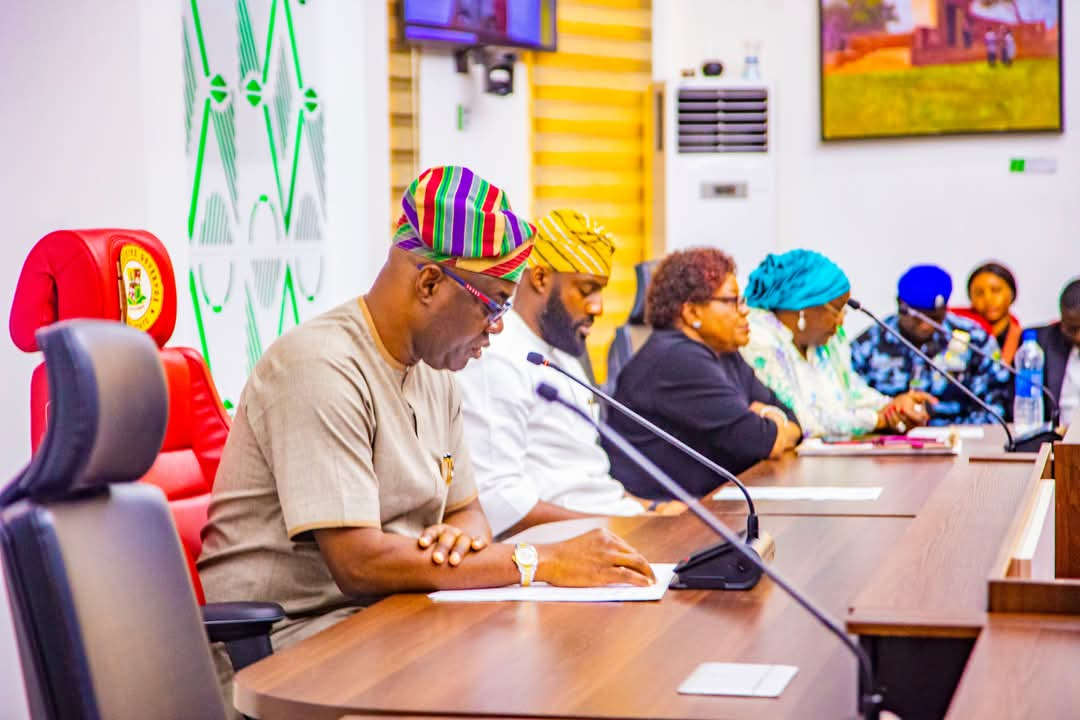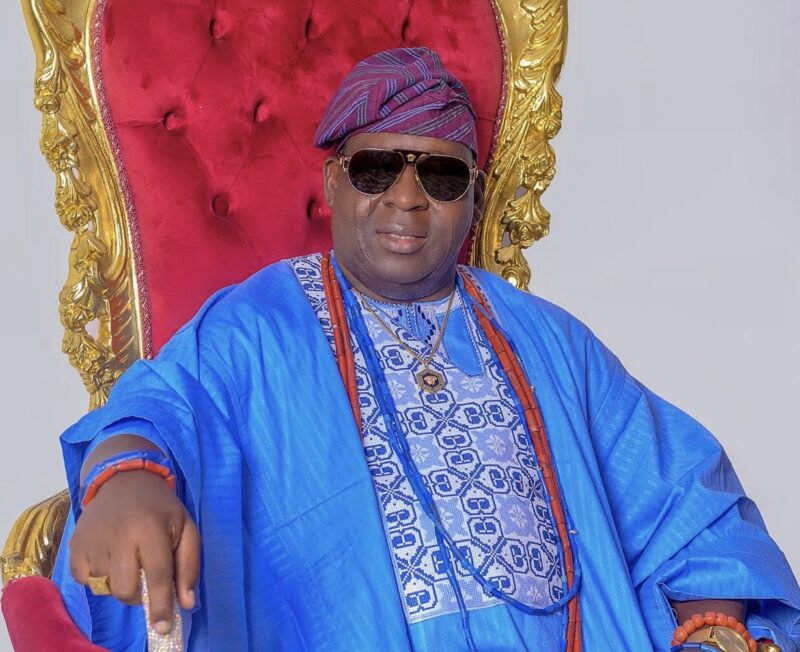Every November 19, International Men’s Day (IMD) is celebrated globally to honour the positive contributions of men to society. While often overshadowed by its female counterpart, International Women’s Day, IMD serves as a platform to highlight men’s achievements, shed light on issues affecting them, and promote gender balance. Whether it’s advocating for better mental health, celebrating fatherhood, or addressing societal stereotypes, this day holds significant importance in today’s world. Here are facts about the International Men’s Day that you should know.
1. IMD was first celebrated in Trinidad and Tobago in 1999, initiated by Dr. Jerome Teelucksingh.
2. His vision was to highlight positive male role models and address the challenges men face, particularly in health and societal expectations. The movement, however, had been in the making since the 1960s, as calls for a day to celebrate men grew across different countries
3. IMD aims to Promote men’s and boys’ health: Issues like prostate cancer, mental health, and life expectancy gaps are given prominence. Globally, men are often less likely to seek help for mental health issues, a trend IMD seeks to change.
4. IMD also aims to celebrate male role models. The focus extends beyond celebrities to everyday heroes like teachers, fathers, religious leaders, and caregivers.
5. IMD advocates for harmonious gender relations, promoting mutual respect and understanding between men and women.
6. From legal biases to societal stereotypes, IMD aims to combat unfair treatment of men in various sectors.
7. It supports balanced opportunities for both genders without diminishing the achievements of women.
8. Through awareness, IMD strives to make the world a more inclusive space for everyone.
9. The themes for the International Men’s Day 2024 is “Men’s health champions”. Each year, IMD adopts a unique theme. Past themes have included “Better Health for Men and Boys” and “Positive Male Role Models.” The theme guide discussions and activities, which often include health screenings, seminars, and community events.
10. The day challenges societal norms that discourage men from expressing vulnerability, nurturing relationships, or pursuing careers traditionally viewed as feminine.














